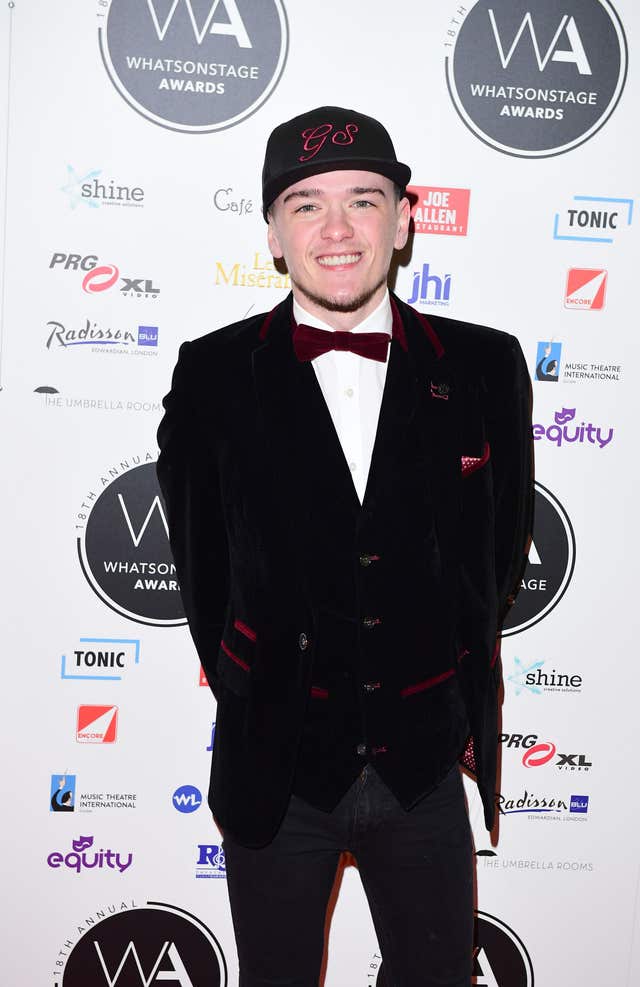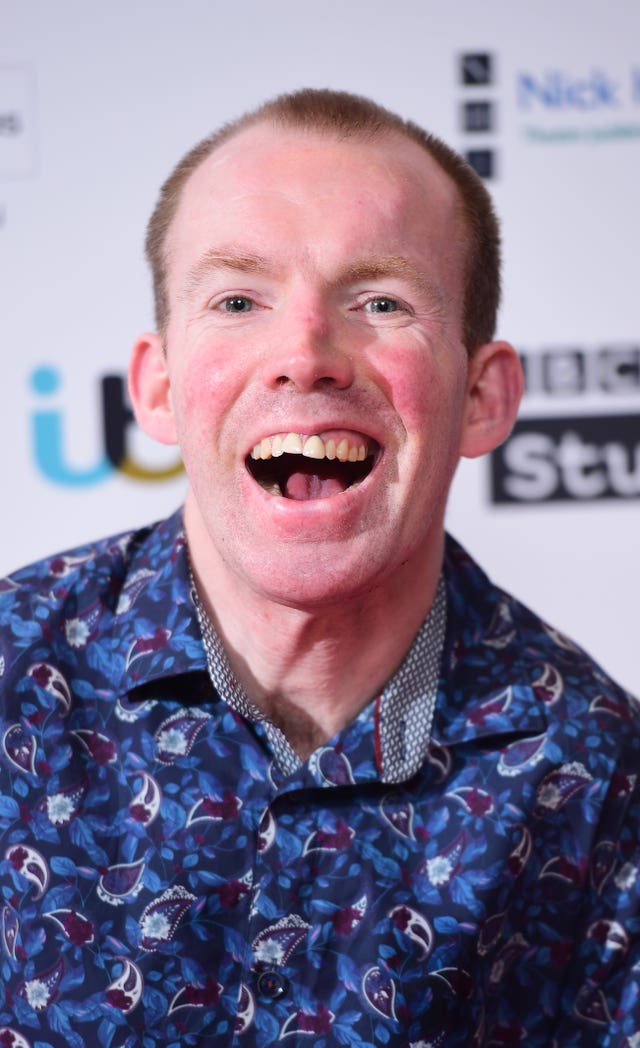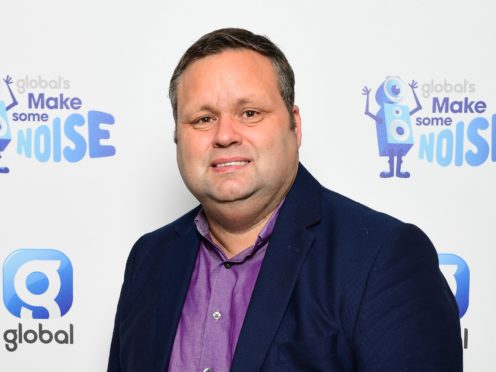Britain’s Got Talent: The Champions arrives on our screens this weekend.
The all-star spin-off series pits former contestants and winners against each other, and will be the first time Simon Cowell has aired a British version of the Champions format.
Here is what has happened to the show’s previous victors.
You may know @paulpottsmusic as the first EVER #BGT winner… but did you know these facts about him?
Hands up who's looking forward to seeing him perform again!🙌🙌🙌
Catch Paul Potts on #BGTChampions THIS Saturday, at 8pm on @ITV and @WeAreSTV 🏆 pic.twitter.com/DETTMqxENN
— Britain's Got Talent (@BGT) August 28, 2019
– Paul Potts (2007)
The show’s first winner was working as a store manager at Carphone Warehouse before he wowed the judges with a rendition of Nessun dorma on Britain’s Got Talent in 2007.
He built a career on his Britain’s Got Talent win, performing on the Oprah Winfrey Show and releasing a flurry of albums including One Chance, which went double platinum.
Potts’ life was turned into a film in 2013 with James Corden playing him in his rise to fame.

– George Sampson (2008)
Sampson was only 14 when he won the second series of Britain’s Got Talent with his diverse street dance performances.
Winning Britain’s Got Talent catapulted the boy from Warrington, Cheshire, into the limelight and secured him a role in the 2008 West End production of Into The Hoods.
He also created dance DVDs and released a single, Get Up On The Dance Floor, which reached number 30 in the UK chart.

– Diversity (2009)
Ashley Banjo’s street dance troupe are often hailed as one of the best acts to have graced the Britain’s Got Talent stage.
They narrowly beat Susan Boyle to win the 2009 edition of the show.
Chief choreographer Ashley went on to star in a number of programmes including The Real Full Monty and Celebrity Juice. He is also a judge on ITV’s Dancing On Ice.
His brother Jordan also found a wider audience, later entering the Australian jungle for I’m a Celebrity… Get Me Out of Here! and securing a spot as host on BBC One’s The Greatest Dancer.

– Lost Voice Guy (2018)
The comedian – real name Lee Ridley – has cerebral palsy and rose to fame after competing using pre-recorded sentences on a computer for his stand-up act.
Ridley admits that he struggled with the pressures of fame following his win, which led to him performing for the Duke and Duchess of Sussex at the Royal Variety Performance.
However, his increased profile allowed him to embark on a tour of the UK, return to the Edinburgh Festival Fringe and create a BBC Radio 4 sitcom called Ability.
